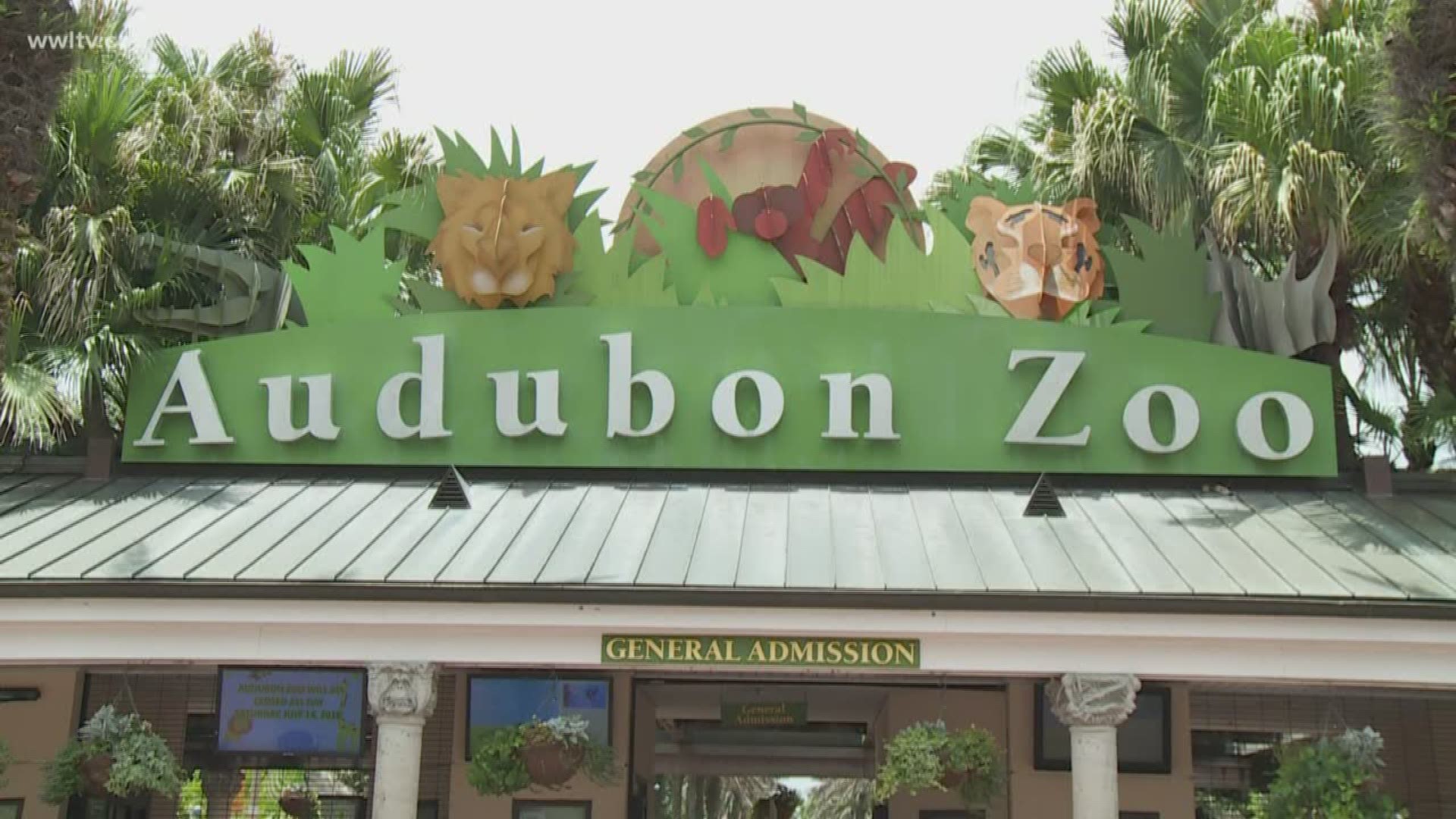NEW ORLEANS — The New Orleans Inspector General is questioning the constitutionality of the public-private partnership that’s been used to operate some of the city’s most successful facilities for the last 30 years.
In a report released Wednesday morning, the IG highlights tens of thousands of dollars in public funds the private, nonprofit Audubon Nature Institute spent on holiday parties, Saints tailgates and perks, including TVs and iPads, for its employees.
The report identified almost half a million dollars in public funds that were spent in 2013-14 on items like those, which “may have lacked a public purpose” and “may have violated the Louisiana Constitution.”
Adding to the controversy, a version of the report was completed in 2017, but the Audubon Institute tried to claim it wasn’t a public entity subject to the Constitution, delaying the release for more than two years as each side sought opinions from the Attorney General’s Office.
The city’s Audubon Commission pays the Audubon Institute a tiny $50,000 annual management fee to run facilities that generate $50 million in taxes and public revenues each year. Audubon claimed that fee allowed it to mix in some private funds in with public tax and entrance fee revenues to pay for things like employee perks.
“We strongly disagree with the Institute’s position that at any point, any of the funds that they’re generating become private funds,” Inspector General Derry Harper said. “All of them are public funds, unless they’re totally separate from their obligations to the commission.”
The IG report recommends separating the private and public accounts. But it goes even further, suggesting the single account Audubon has been using for decades, with funds designated for different purposes using different accounting codes, “obfuscates” or hides the true use of the money.
That drew a strong response from Rebecca Dietz, the Audubon Nature Institute’s attorney and a former city attorney.
“There’s no hiding of money within Audubon,” Dietz said. “The OIG was able to see every single expenditure and every single revenue source.”
The IG report also questioned the legality of more than $220,000 Audubon spent in 2014 on a “Vote Yes for Audubon” campaign promoting a tax millage increase for Audubon facilities.
“And you can’t use public funds, in this case, to support a particular side of a referendum,” Harper said.
The tax hike failed at the polls after voters questioned a lack of information about how the money would be spent and the high salary of Audubon CEO Ron Forman.
Dietz said that’s been fixed, with a 2019 millage campaign financed by a separate account using privately raised funds.
She also said Audubon appreciated some of the IG’s concerns about the blending of public and private money in a single bank account and has already begun to make changes.
“We appreciate them pointing that out to us and we’re changing our accounting structure to address that,” Dietz said.
Harper is promising two more audits of Audubon expenses soon, to put what he called a “magnifying glass” to their operations.
But again, Dietz said the agreement between the public Commission and the private Institute is not intended to hide anything.
“The relationship between the Audubon Commission and the Audubon Nature Institute has been in place for over 30 years, it’s been a model for how zoos and aquariums operate across the country and it’s successful,” she said.
► Get breaking news from your neighborhood delivered directly to you by downloading the new FREE WWL-TV News app now in the IOS App Store or Google Play.

